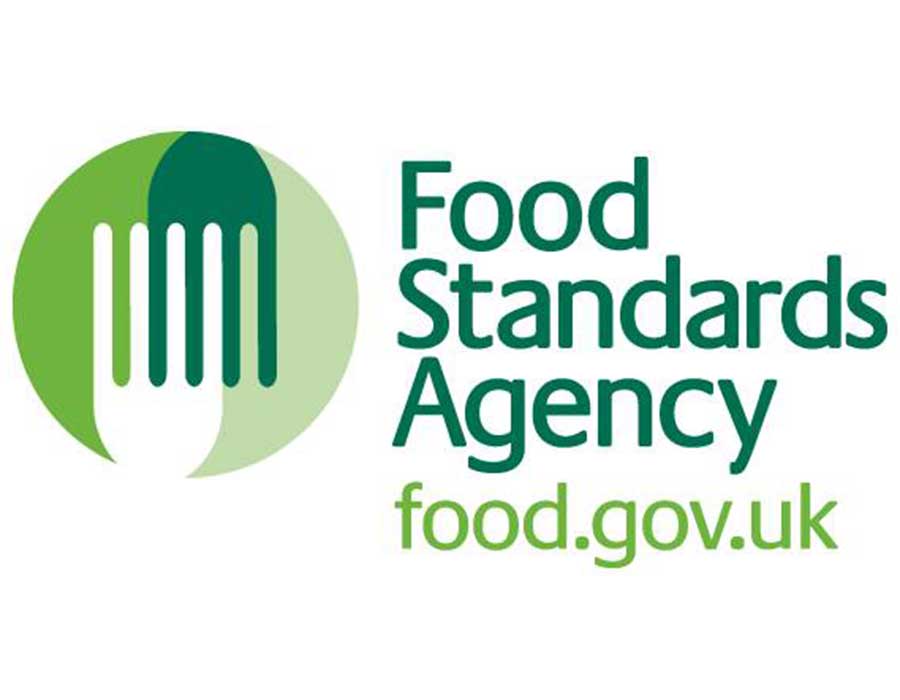UKRI COMMISSIONS PROJECT ON ULTRA-PROCESSED FOODS
UK Research and Innovation (UKRI), supported by Sciencewise, has commissioned a project to explore the public opinion on Ultra Processed Foods (UPF’s).
The project which will run for a year, is the first in-depth deliberative dialogue to focus specifically UPF’s.
It will explore some of the complexities around how people view UPFs, look at their place in our food system and at their governance and regulation. It will also explore where people get their information from and who they trust.
The findings will be brought together with existing evidence about the public’s perceptions of UPFs to help UK Research and Innovation (UKRI) identify and address gaps in existing knowledge and develop future research priorities.
The UK population ranks among the worst in Europe for levels of obesity and is one of the biggest consumers of UPFs. Tackling obesity and related poor health is a challenging issue, and understanding the role of UPFs in dietary choices and ill health is a major part of this.
The results of the project will also be made available to government and wider stakeholders and feed into work underway to create a new National Food Strategy.
More information on the project can be found here























